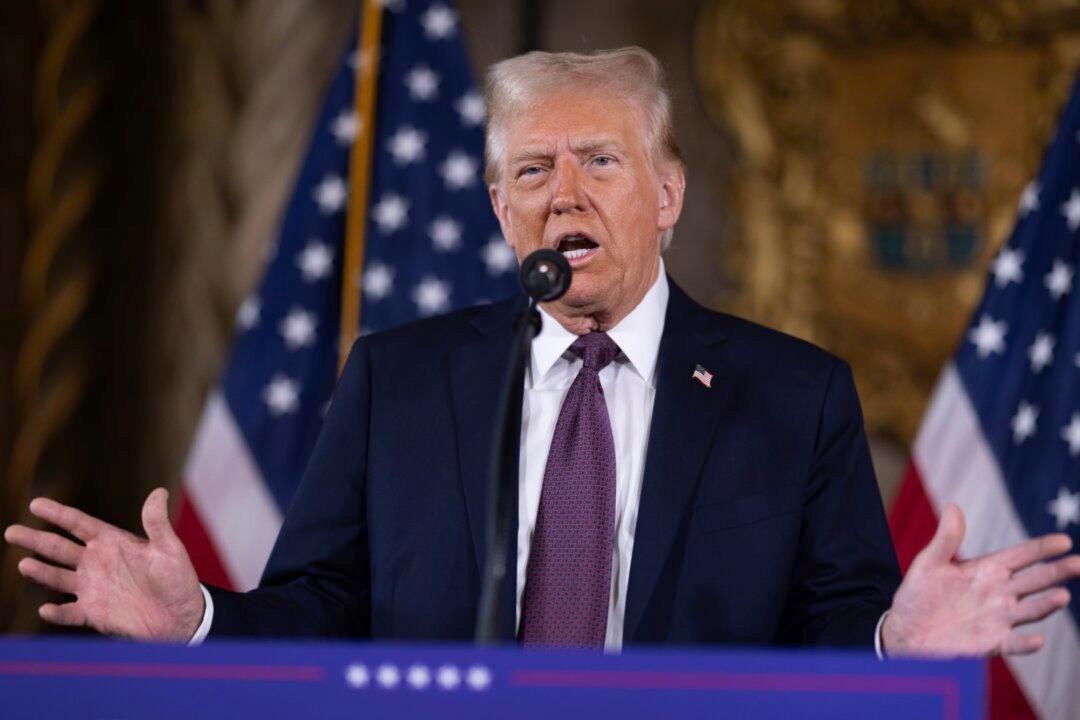With the United States currently struggling to build enough submarines to meet its own needs, there’s speculation that incoming President Donald Trump’s “America first” philosophy may jeopardise the deal, but Australian Defence Minister Richard Marles says the partnership is “happening and on course” on the eve of Trump’s inauguration.
The issue for the United States is that the deal requires the sale of at least three—and possibly as many as five—Virginia-class attack submarines to Australia by the early 2030s as a stopgap until the new AUKUS subs are built.





